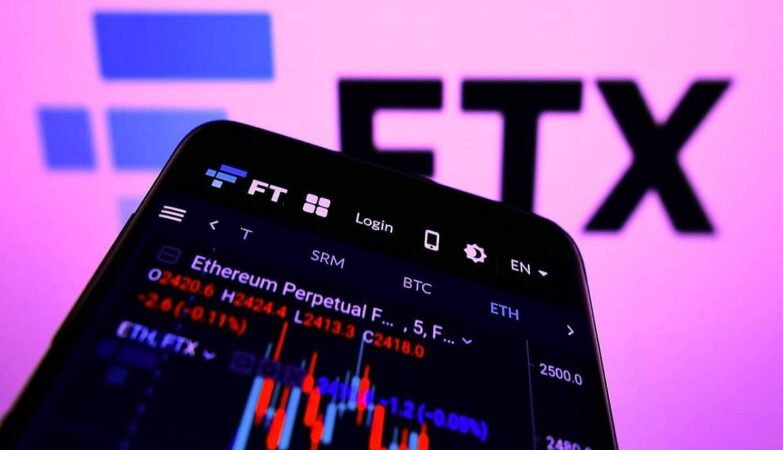The Bank of England (BOE) is closer to launching its own digital currency, following the completion of a yearlong project that concluded the technology could facilitate a “diverse range” of new monetary applications. The project, named Rosalind and conducted by the BOE and the Bank for International Settlements (BIS), aimed to explore the practicality and potential benefits of a CBDC.
Rosalind Project Findings
The recently published report from the first phase of the experiment, released by the BIS, revealed that a CBDC could expedite and simplify person-to-person payments, enable the creation of innovative financial products, and reduce instances of fraud. It could also introduce the concept of “programmability” to money.
Also Read: India’s CBDC Pilot Project Update..
These initial findings strengthen the BOE’s case for launching its own CBDC, informally referred to as “Britcoin.” While the BOE has indicated that a CBDC will likely be necessary in the future. The decision will proceed with the technology consultation closing at the end of June and requires the support of the UK Treasury.
Read How BoE Was Doubtful Of CBDC In January..
Addressing concerns that CBDCs could compromise individuals’ privacy by providing central banks and governments with insight into their spending habits, Verdian argued that this was a misconception and that Project Rosalind demonstrated that privacy could be maintained.
CBDC and Its Concerns
Francesca Hopwood Road, head of the BIS Innovation Hub London Centre, expressed confidence that Rosalind could significantly influence the design of retail CBDC systems worldwide.
The Bank of England has faced criticism for pursuing a Digital Pound without fully explaining its advantages. Former BOE Governor Lord Mervyn King described it as a “solution without a problem.”
Before Project Rosalind, Verdian noted that discussions around digital currencies were primarily theoretical and policy-oriented. Although CBDCs have already been launched in other countries, many have encountered limited success. For example, the Bahamas Sand Dollar’s technology proved insufficiently resilient, resulting in frequent disruptions, and Nigeria’s CBDC failed to gain traction due to a lack of perceived benefits.
The presented content may include the personal opinion of the author and is subject to market condition. Do your market research before investing in cryptocurrencies. The author or the publication does not hold any responsibility for your personal financial loss.








